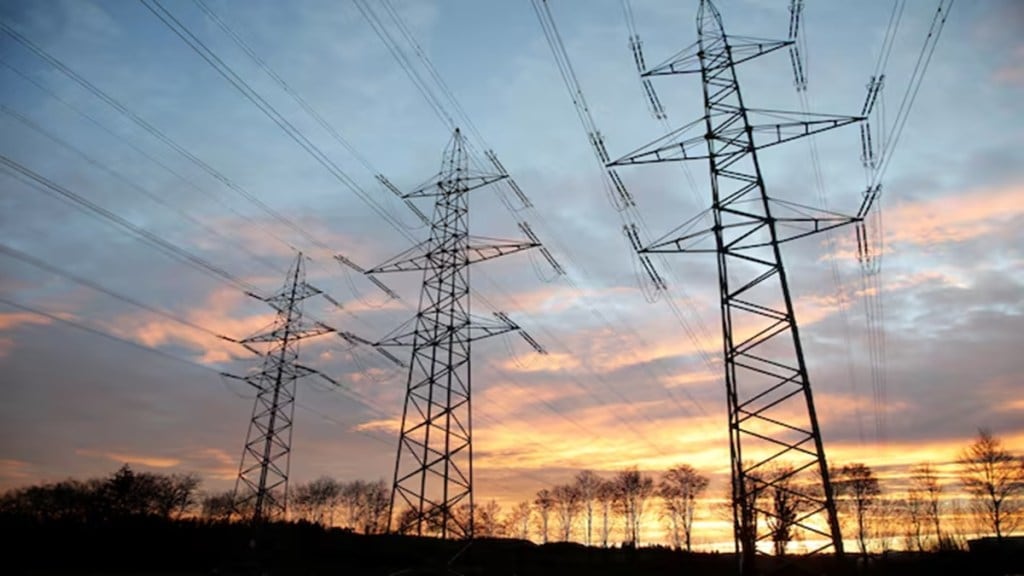By Ankit Jain
The draft Electricity (Amendment) Bill 2025 aims to bring in cost-reflective power pricing, eliminate cross-subsidies and end discom monopolies. This will ensure financial viability of discoms while enhancing industrial competitiveness, explains Ankit Jain
l Improving revenue flow of power discoms
REGULATORY COMMISSIONS ARE mandated to set electricity tariffs that fully reflect the actual cost of supply, in accordance with directions from the recent Supreme Court order in August 2025. The draft amendment proposes to provide electricity regulators the discretion to fix tariffs which are not cost-reflective and has translated into significant losses for the distribution companies, due to their inability to pass on part of these costs to consumers. To ensure that no consumer group bears an undue financial burden, state governments will continue to have the flexibility to support specific consumer categories by providing advance subsidies on their behalf.
In cases where utilities delay the submission of tariff petitions, the Commissions are empowered to determine tariffs on their own initiative (suo moto), thereby ensuring timely revisions and maintaining regulatory efficiency. This mechanism is expected to improve the financial viability of the state discoms which often fail or delay in implementing cost-reflective tariff hikes and file timely tariff orders.
l Pushing for industrial competitiveness
CURRENTLY, DISTRIBUTION LICENSEES are obligated under the Universal Service Obligation (USO) to supply power to all, including those eligible for open access — typically those with demand above 1 MW. With the proposed amendment, state electricity regulatory commissions (SERCs) may exempt distribution licensees from this obligation, enabling such consumers to procure power directly through open access. To ensure uninterrupted supply in cases where other arrangements fail, SERCs may designate one of the distribution licensees to supply power at a premium over the cost of supply. This may reduce the financial burden and procurement risks for discoms, but it could lead to revenue loss as high-paying consumers shift to open access. It may also hike tariffs for remaining consumers and impact service quality. Also, there could be reduced incentive for the discom to invest in the existing infrastructure.
l Phasing out cross-subsidies
THE BILL PROPOSES cross-subsidies for manufacturing enterprises, railways, and metro railways to be eliminated within five years, to reduce industrial and transport costs and promote efficiency. This could lead to tariff hikes for other consumer groups and/ or lead to increased dependence on state subsidy for the discoms. Providing regulatory certainty for industries, with central and state governments empowered to frame rules governing captive power generation, has also been proposed in the Bill.
l Clean energy transition goals
THE DRAFT BILL has proposed introducing a monetary penalty for shortfalls in Renewable Purchase Obligation (RPO) compliance, addressing the current lack of enforcement provisions. The quantum of penalty is set above the market price of Renewable Energy Certificates (RECs), which typically range from 30 to 40 paise per kWh. This relatively bigger amount is expected to discourage entities from opting to pay a minimal fine instead of meeting their obligations. This move is expected to strengthen compliance to the RPO framework and accelerate the transition to clean energy. However, imposition of a monetary penalty may also place financial pressure on those entities with limited access to renewable sources, requiring improved planning and regulatory support to ensure fair implementation of the clean energy transition initiative.
l High-level electricity council
THERE IS A proposal for establishing a national-level Electricity Council. It is envisioned as a high-level institutional mechanism to advise central and state governments on electricity policy matters. This could be aimed to ensure policy alignment across jurisdictions and reduce fragmentation in decision-making to accelerate implementation of national energy goals.
l Regulatory accountability
AMENDMENTS IN THE Bill expand the grounds for removal of members of the CERC and SERCS to include willful violation of the Act and gross negligence, ensuring that regulators are held to higher standards of integrity and performance. It empowers central and state governments to refer complaints against commission members, increasing oversight and enabling swift action in cases of misconduct. It mandates that all adjudicatory proceedings before the commissions be disposed of within 120 days, with reasons for any delay to be recorded. The number of members in the Appellate Tribunal for Electricity is also increased to address case backlogs and ensure faster resolution of disputes. The consequences include improved sector stability, increased investor confidence, and better protection for consumers, as regulatory bodies become more responsive and accountable to their statutory duties.
The writer is vice president and co-group head – Corporate Ratings, Icra

